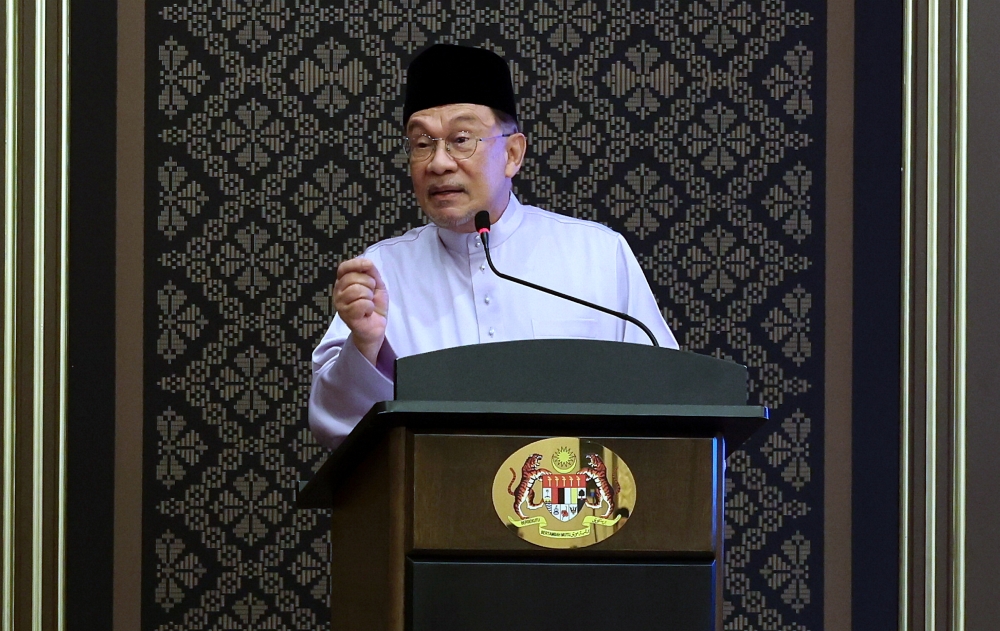AUGUST 12 — On July 22, 2020, the Communications and Multimedia Minister announced in the Dewan Rakyat that any recording on any kind of material (which includes personal social media) must first obtain a licence from Finas under S22 of the National Film Development Corporation (Finas) Act 1981 (Amendment 2013)(“Finas”). Failure to do so is a criminal offence under S25 of Finas. Upon conviction, the person will be liable to a fine not exceeding fifty thousand ringgit or imprisonment for a term not exceeding two years or both. Subsequently, on August 9, 2020, it was reported in Malay Mail that the same minister had assured the public that they are now free to upload their content which is recorded on social media platforms without the need to obtain the relevant licence.
The Minister’s assurance, however, does not change the fact that it is still illegal for anyone to upload their content which is recorded on social media platforms without first obtaining the requisite licence from Finas.
S22(1) of Finas prohibits a person from engaging in any activities on production, distribution, or exhibition of films or any combination of those activities unless he has a licence authorising him to do so. The licence may be issued upon, amongst others, payment of the prescribed fees for the prescribed period and subject to such terms and conditions as the Corporation (known as ‘Perbadanan’ under Finas) may impose.
The definition of “films” under S2 of Finas is very wide. It includes feature films, short films, short subject films, trailers, documentaries, advertising filmlets and any recording on material of any kind...” (emphasis in italics).
Under S22(3), the Perbadanan may refuse to issue a licence without providing any reasons, or it may issue a licence subject to any terms and conditions it deems fit. The Perbadanan’s decision shall be final and conclusive and ;it shall not be challenged, questioned, or reviewed in any court.
Is S22 and S25 of Finas constitutional?
Both S22 and S25 of Finas are unconstitutional and void for the following reasons:
1) Article 10(1) of the Federal Constitution guarantees every citizen the right to freedom of speech and expression whilst Article 10(2)(a) allows Parliament to impose& restrictions (and not prohibitions) on this right. (FCt in Chong Chieng Jen v Government of State of Sarawak & Anor (2019), and Pendakwa Raya v Cheah Beng Poh & Ors; Cheah Beng Poh & Ors v Pendakwa Raya (1984). Any legislative restrictions (including the power to criminalise the breach of any such restrictions) which nullify or render constitutional rights illusory are unconstitutional and void since they effectively prohibit the exercise of constitutional rights. (CA in Nik Nazmi bin Nik Ahmad v Public Prosecutor (2014), read with FCt in Siva Segara v Public Prosecutor (1984).
It is submitted that S22(1) of Finas is unconstitutional and void since everyone is prohibited from exercising his freedom of expression under Article 10(1) in terms of production, distribution or exhibition of films or any combination of those activities unless a licence is first obtained from the ‘Perbadanan’ under Finas. This prohibition is fortified by the imposition of a criminal sanction under S25 of Finas.
2) The argument that S22(1) (read with S25) of Finas is a ‘restriction’ and not a prohibition will fail because the ‘restriction’ which is imposed by both these sections (S22 & S25) is disproportionate and unreasonable, hence breaching both Article 8 and Article 10(2) of the Federal Constitution. In Public Prosecutor v Azmi bin Sharom (2015),;the Federal Court had decided that for a restriction to be valid, the restriction; which Parliament passes under Article 10(2) must also be proportionate.
The ‘restriction’ which S22(1) (read with S25) of Finas imposes is a total prohibition on the ;right of expression by way of production, distribution, or exhibition of films or any combination of those activities. In Datuk Seri Anwar Ibrahim v Government of Malaysia & Anor (2020) the Federal Court decided that restrictions (in the form of prohibition) are void because they are intrinsically disproportionate.
3) Under S22(3)of Finas, the Perbadanan has the absolute discretion to ;reject an application for a licence without providing any reasons thereto. Alternatively, it may issue a licence subject to the terms and conditions which is set by the Perbadanan. This provision breaches Article 8 of the Federal Constitution because it effectively grants the Perbadanan an absolute discretion to either approve or reject an application for a licence. There must be an objective basis for the exercise of the Perbadanan’s discretion. (Federal Court in Darma Suria bin Risman Salleh v. Menteri Dalam Negeri Malaysia & Ors (2010). Statutory provisions (like S22(3) of Finas) which provide an absolute discretion violates Article 8’s promise of equal treatment.
4) S22(3) of Finas also explicitly states that the decision of the Perbadanan whether to issue a licence or not “shall be final and conclusive and [it] shall not be challenged, questioned or reviewed in any court.”
This clause is known as an ouster/finality clause. Such clauses aim to prevent the courts from reviewing the decisions of public bodies (in this case, the decision of the Perbadanan). The courts have decided that ouster clauses are void for breaching Article 8 of the Federal Constitution since such clauses cannot oust judicial review (Federal Court in Indira Gandhi Mutho v. Pengarah Jabatan Agama Islam Perak & Ors and Other Appeals (2018)
Conclusion
Until and unless Parliament amends both these provisions, they will continue to remain open to constitutional challenges which may result in the court striking out both sections on grounds that they are unconstitutional.
*The writer is a law lecturer at a private university. He can be contacted at [email protected].
**This is the personal opinion of the writer or publication and does not necessarily represent the views of Malay Mail.





















